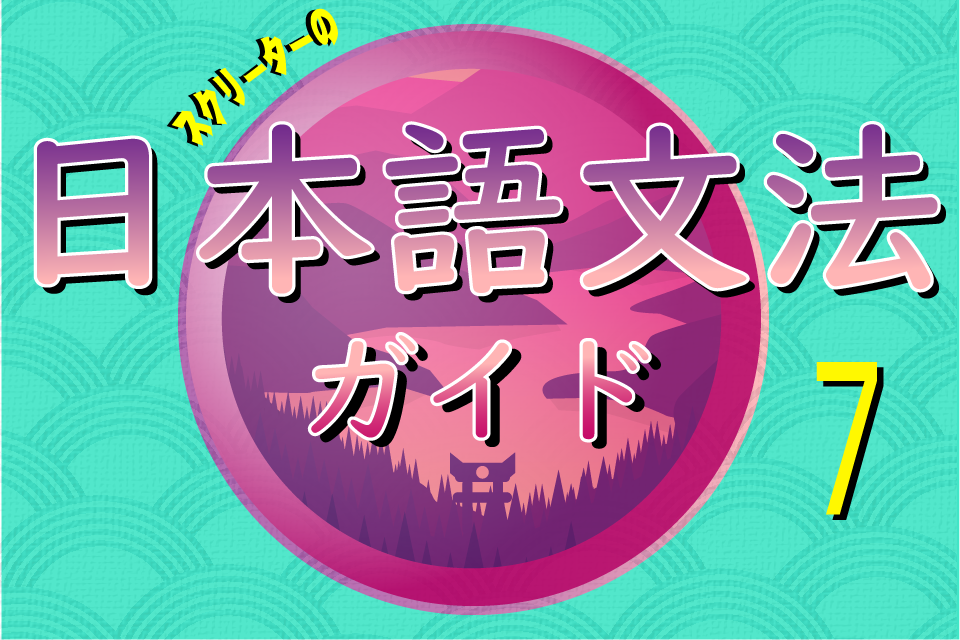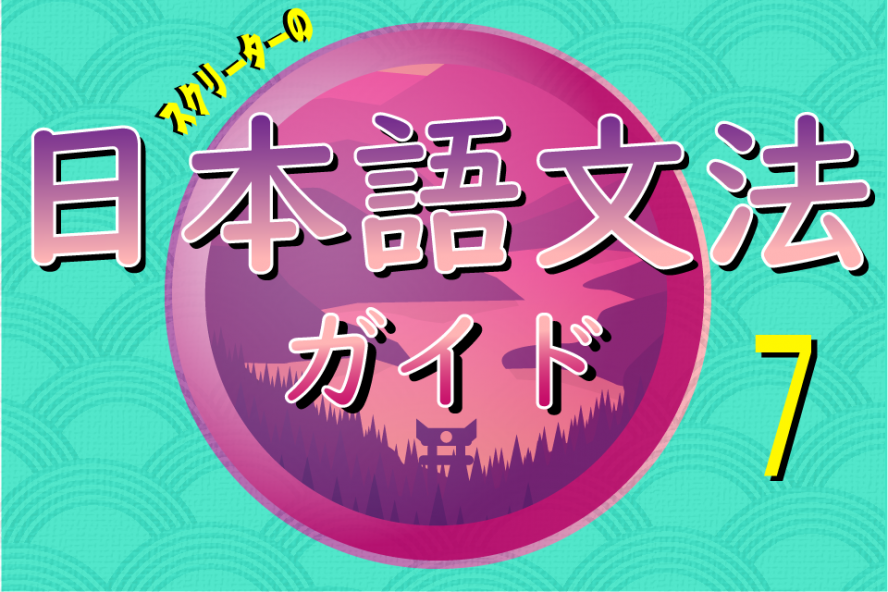
Learning how to say “but” and “however”
In this lesson, let’s learn how to say “but” or “however”. There are different ways to do this, however let’s start with using が. If you’ve been following previous lessons, we learned が is used as a topic marker, however in this case it’s not a topic marker, but a way to say “but”.
Using the particle が as “but”
この靴は綺麗ですが高いです。
このくつはきれいですがたかいです。
These shoes are pretty but expensive.
コーヒーが好きですが砂糖とミルクが必要だと思います。
コーヒーがすきですがさとうとミルクがひつようだとおもいます。
I like coffee but I think it needs sugar and milk.
毎日、アイスクリームを食べたいですが体に悪いんです。
まいにち、アイスクリームをたべたいですがからだにわるいんです。
I want to eat ice cream everyday but it’s not good for you.
Notice how in polite Japanese, you stick が to the end of です to express “but”. This is because が is used to connect two sentences, and the first “sentence” ends in です. In plain Japanese, you would use だ instead of です, and then stick が at the end.
Also notice that in the second example sentence about coffee, です is changed to だ in 必要だと思います. Even though it’s a polite sentence, you still use the plain version of です (だ), as that’s how it works when using と to link the concept to 思います in this case. We’ll get into this more in future lessons!
でも can be used as “but”, and also “even if”
Let’s see another way to express “but” using でも instead of が.
A: 明日、公園に行きましょう。
B: でも明日、雨が降ると思います。
A: あした、こうえんにいきましょう。
B: でもあした、あめがふるとおもいます。
A: Let’s go to the park tomorrow.
B: But I think it’s going to rain tomorrow.
Now let’s see how it can be used for “even if” (instead of “but”)
明日は雨でも公園に行きます。
あしたはあめでもこうえんにいきます。
Even if it rains tomorrow I’m going to the park.
Using けど as “but” to show contrast
来週、美術館に行きたいけど仕事があります。
らいしゅう、びじゅつかんにいきたいけどしごとがあります。
I want to go to the art museum next week but I have work (so I can’t).
けど is grammatically used the same way that が is used for “but”, though is more of a contrasting “but”. It’s also less formal than using が, and is actually somewhat considered slang as it’s a shortened version of けれど. You can use けど (or が) at the end of your thought– this is done to express contrast to something you won’t end up saying. It’s also used a lot this when when people are answering phones, for instance:
もしもし、ジェレミーですけど。
Hello, this is Jeremy, but… (you are…?)
It can also be used to imply something you don’t want to say.
それはいい考ですけど。。
That’s a good idea, but…
It doesn’t need to be at the end of your thought, though.
頑張ったけど失敗しました。
がんばったけどしっぱいしました。
I tried really hard, but failed.
Using しかし as “however”
しかし is used in the same way as が, however it’s how you start a sentence, much like でも. It’s a bit of a hard “however” in comparison.
彼らはプールに行きました。しかし、私は泳ぐことができないから行きませんでした。
かれらはプールにいきました。しかし、わたしはおよぐことができないからいきませんでした。
They went to the pool. However, I didn’t go because I can’t swim.
That’s all for this lesson! There are more ways to express “but” and “however” than just these which we’ll get into more in future lessons.

